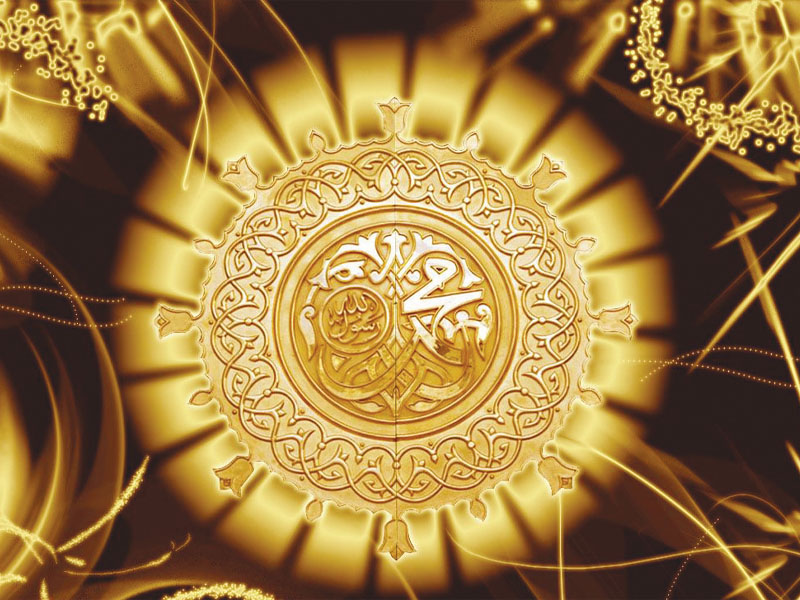Nostalgia for the Holy Rawdha in Algerian vernacular poetry: The example of ‘From Tiba’ by Ibn Qaytun
Issue 26

Algerian vernacular poetry derived its themes and artistic styles from Islam. The vernacular poets’ religious upbringing contributed to the Islamic orientation of their poetry. These poets dedicated themselves to studying the Holy Quran and the Prophet’s life’s, and this contributed significantly to their use of the Arabic language and to their literary knowledge.

Colonisation aroused their emotions and their religious fervour, which inspired their poetry. These poets viewed the French colonists as usurpers and invaders, and this is reflected in their poetry. They used Islamic history as a reference to convince people of Jihad (the fight to liberate the country).
Poems praising the Prophet (May Peace Be Upon Him) and religious poems about the birth of the Prophet (MPBUH) prevailed over other themes. Religious themes dominated the intellectual, cultural and political lives of these poets. Poets turned to the age of the Prophet (MPBUH) seeking strength in light of the tyranny that was inflicted on them. They found tranquillity and peace in poems praising the Prophet (MPBUH). They composed poems lamenting the state of their country. By praising the Prophet (MPBUH), they found hope, confidence, and inspiration.
Vernacular poets composed poems of various styles and meanings to express their grief over lost freedom and their rejection of colonisation. Their poems were not created for the sake of poetry or for the sake of crying over ruins; poets composed the poems to express their disappointment.
Mohammed Ibn Qaytun’s volume of poetry contains a great deal of yearning for the Prophet Muhammad (MPBUH) and nostalgia for Medina and other sacred sites. His poems are religious and his well-structured verses reflect a deep love for holy sites. This is clearly depicted when Ibn Qaytun combined a description of the Prophet’s Holy Rawdha with praise for the Prophet (MPBUH).
Ibn Qaytun devoted poems to praising the Prophet (MPBUH) and describing his qualities; he also expressed his longing to visit Medina and the Prophet’s tomb. His yearning was an attempt to seek the Prophet’s help at a time of spiritual discord. Ibn Qaytun sought to create a world in which tranquillity and peace prevailed, a world that transported him to the Prophet (MPBUH) and the Holy Rawdha.
Abdullatif Hanni
Algeria


































































